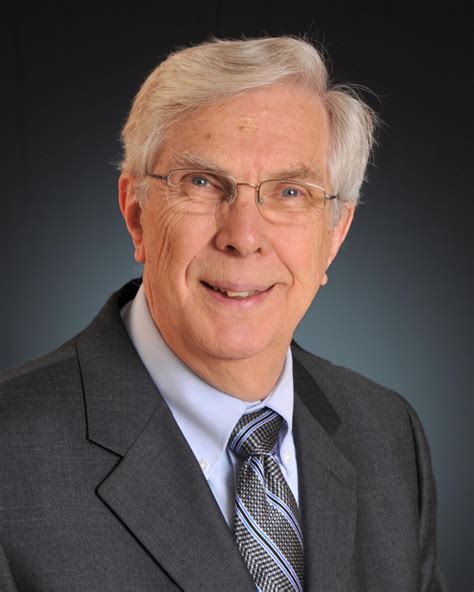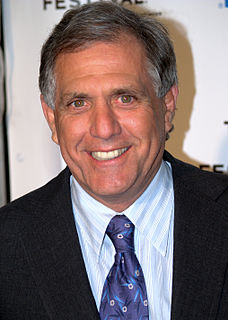A Quote by Montesquieu
People here argue about religion interminably, but it appears that they are competing at the same time to see who can be the least devout.
Related Quotes
It often appears that those who talk the most about going to heaven when you die talk the least about bringing heaven to earth right now, as Jesus taught us to pray: 'Your will be done on earth as it is in heaven.' At the same time, it often appears that those who talk the most about relieving suffering now talk the least about heaven when we die.
We [Americans] have secularized the public life of our country in such a way to say something is religious is something negative. Religion has now turned into a way to discredit people. It is futile and dishonest to argue about religion. Religion is a phenomenological umbrella; there are all kinds of religions. It makes a difference when your religion is telling you something true or something false.
I was raised with this consciousness of being part of this global Muslim community. At the same time, I didn't even know if I wanted to be Muslim. It was this incredibly complicated moment: I just needed to balance these two things where you care about people on some deep level who are my co-religion and are being killed because of their religion. Then, at the same time, I'm like ah, I don't really know if I want this.
I try to practice my religion in a very devout way and follow the teachings of my church in my own personal life, but I don't believe in America, a first amendment nation, where we don't raise any religion over the other, and we allow people to worship they please, that the doctrines of any religion should be mandated for everyone.
It boggles my mind that the same people who cry ‘foul’ about rationing an instant later argue to reduce health care benefits for the needy, to defund crucial programs of care and prevention, and to shift thousands of dollars of annual costs to people – elders, the poor, the disabled – who are least able to bear them.
It boggles my mind that the same people who cry 'foul' about rationing an instant later argue to reduce health care benefits for the needy, to defund crucial programs of care and prevention, and to shift thousands of dollars of annual costs to people - elders, the poor, the disabled - who are least able to bear them.
You approach faith with humility. You can have some idea, but it boils down to do you see religion as a club, or do you see religion as a path? Do you see it as a wall that separates you or do you see it as a bridge that connects you to God and other people? When you see it as a bridge, you aren't so worried about bringing others over to your side.
I have good idea, for if you meet some person from different religion and he want to make argument about God. My idea is, you listen to everything this man say about God. Never argue about God with him. Best thing to say is, 'I agree with you.' Then you go home, pray what you want. This is my idea for people to have peace about religion.








































